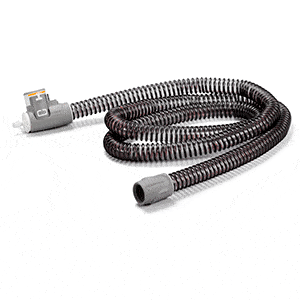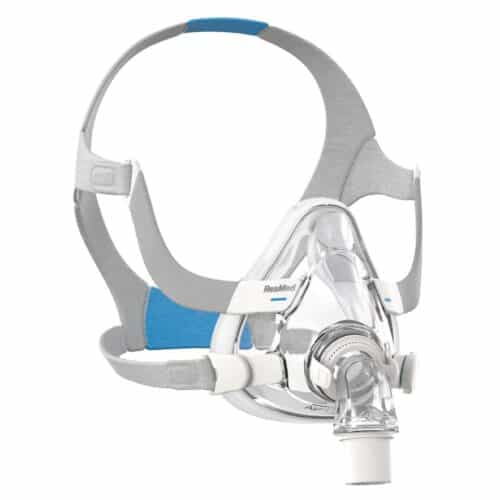Get 10% off your order!
Sign up below for PAP’s Newsletter, and keep an eye on your inbox for a one-time code. Offer not available on sale items.
Diabetes and sleep apnea are inextricably linked. Research has shown that 43% of people with type 2 diabetes also have sleep apnea. What’s more, 85% of people with obese type 2 diabetes have sleep apnea.
The link between sleep apnea and diabetes is bidirectional (there’s our secret word again, everybody scream!). A bidirectional relationship means that both conditions impact the other. That’s not to say that if you have type 2 diabetes you will get sleep apnea (or vice versa). Yet, the overlap is well documented.
Many medical professionals are aware of this connection, yet it’s not widely known in the public. As November is Diabetes Awareness Month, we thought this was the perfect time to draw attention to the connection between sleep apnea and diabetes, and provide some helpful facts to keep you, dear reader, informed and healthy.
Individuals that suffer from sleep apnea experience cessations in breathing during the night. These breathing cessations cause a great deal of stress on the body, and affect the functions that regulate blood sugar, making them less effective. This can lead to increased glucose intolerance, insulin resistance and elevated inflammation, all of which can, at the very least, create complications with type 2 diabetes, if not result in the development of type 2 diabetes.
Having both conditions–sleep apnea and diabetes–can complicate and compound other health issues. The severity of obstructive sleep apnea has been shown to be significantly associated with the risk of stroke in patients with type 2 diabetes. Additionally, obstructive sleep apnea can lead to the progression of chronic kidney disease, and this is exacerbated in patients with diabetes.
Obstructive sleep apnea has been shown to increase the risk and severity of type 2 diabetes independent of age and obesity. Why does this matter? Because age and obesity are known risk factors of both obstructive sleep apnea and diabetes. So the fact that OSA increases risk and severity without being impacted by age and obesity is saying a lot.
Recent studies have suggested that treatment of obstructive sleep apnea with CPAP therapy reduces insulin resistance and improves glycemic control in patients with prediabetes or type 2 diabetes.
Perhaps unsurprisingly, these improvements are enhanced with increased CPAP compliance and length of use. After just three months of CPAP treatment, patients have seen significant improvements to glucose balance.
If you’ve already been diagnosed with either sleep apnea or diabetes, it’s worthwhile to seek diagnoses of the other condition.
As a first step in evaluating your risks of diabetes, consider taking this simple Diabetes Risk Test from the American Diabetes Association. It will take just 60 seconds of your time, and help you understand if you’re at higher risk of developing diabetes.
If you have diabetes and need to get diagnosed for sleep apnea, you can now do so from the comfort of your home with a disposable at home sleep test. This simple and safe process requires just one night of sleep data, and you can dispose of the test after you’re done, no need to send anything back.
While the connection between sleep apnea and diabetes isn’t fully understood, it is clear and prevalent. That’s why it’s important for you to seek diagnosis of one if you have the other, and imperative to seek treatment of both. If you have any questions about your sleep and how it impacts your overall health, don’t hesitate to contact us. Our clinical team is here to support you and help you Simplify Your Sleep.


Sign up below for PAP’s Newsletter, and keep an eye on your inbox for a one-time code. Offer not available on sale items.
SUBSCRIBE TO OUR NEWSLETTER Receive exclusive offers & insightful articles to enhance your sleep.
Search by product name, type or brand.
